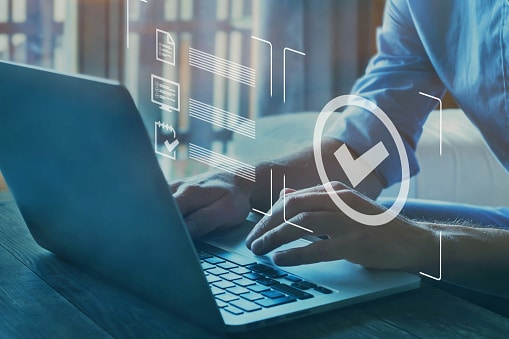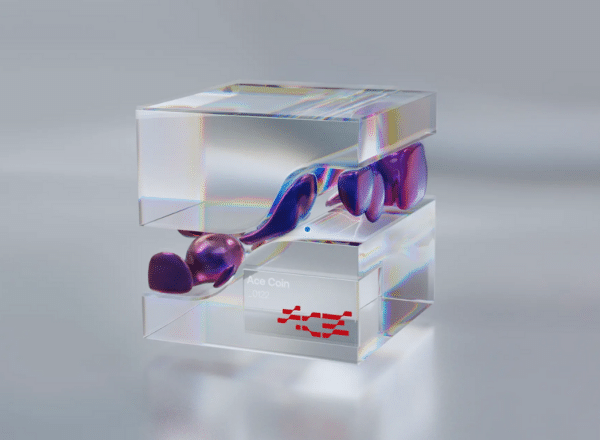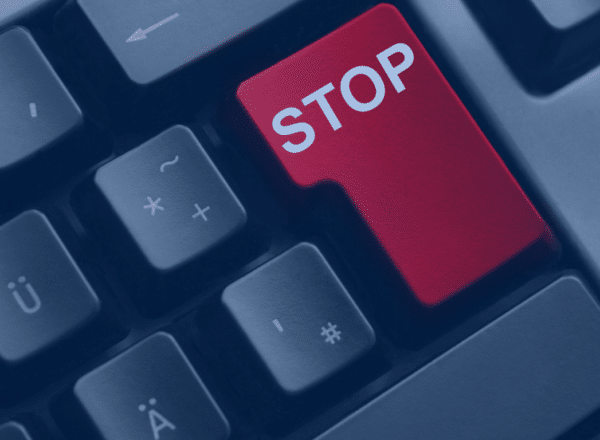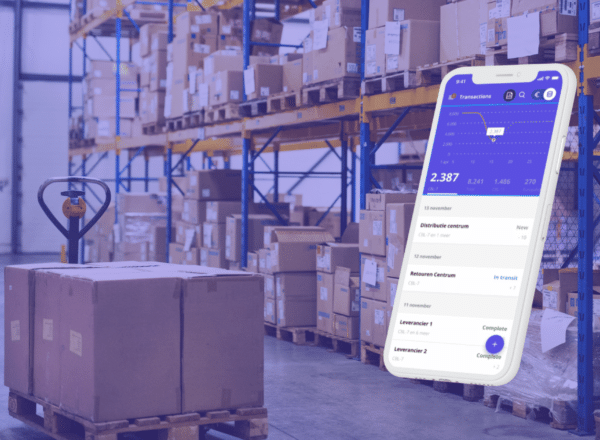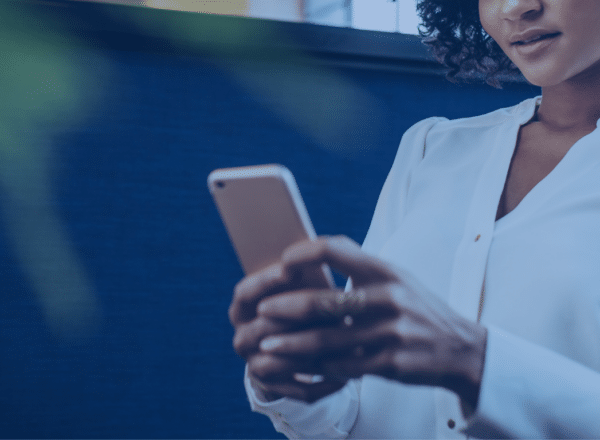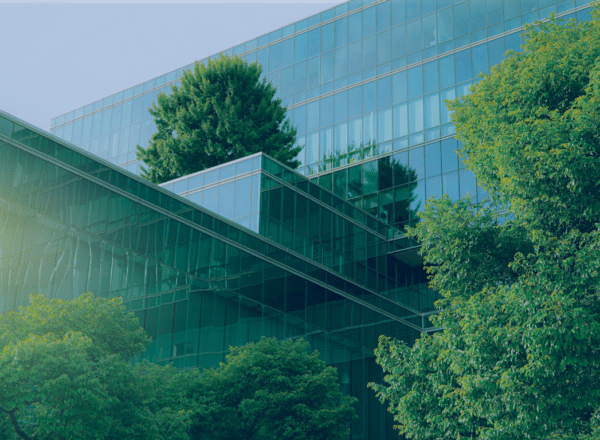Description: What is uNLock and what goal do we want to achieve? uNLock wants to offer the possibility to enable a controlled access policy for vulnerable care locations. In this way, uNLock creates a new perspective for action to reduce the distressing situation of all people who are staying in nursing and hospitals and are now not receiving visitors. uNLock is an open and non-profit Dutch consortium. The consortium currently consists of Rabobank, TNO, CMS, Ledger Leopard, Leiden University, TU Delft, ArboUnie, IBM, EY and Dutch Blockchain Coalition. We are supported by the National Health Care Institute. This consortium is developing the uNLock application.
Challenge: This consortium is developing the uNLock application. This allows counter staff to grant controlled access based on trusted digital proof of a recent corona test (later possibly also based on a vaccination or immunity certificate), without finding out anything about the person who wants access (privacy-by design). To this end, a care institution (local) and the government (central) draw up specific access policies for vulnerable locations. For example, with regard to the type of corona test and the period of validity with which internal employees, external healthcare staff, carers or relatives can be given access.
Solution: How does uNLock work? The solution is based on a situation in which corona tests for healthcare are widely available. Once a person has been tested, they receive a unique code that they load into the uNLock app on their smartphone. As soon as this person wants to enter a healthcare institution, the desk employee asks the visitor to scan a unique barcode on the desk (from a good distance). The visitor can then read the access policy on his/her own smartphone, and will first receive a notification whether and why he/she complies with this policy with this test. The visitor can then decide to send an encrypted proof of compliance with these requirements to the smartphone of the counter employee, whereby the authenticity and validity of the digital proof is checked. The desk clerk then only sees a green or red sign (meets or does not comply with the then applicable admission policy); this employee therefore does not need to know a (complex and constantly changing) admission policy and does not have to see any personal information in order to be able to grant someone access. Scan the QR code above at the uNLock logo to see a video that explains how it works.
Result: Who benefits from uNLock? In the first instance, we focus on employees in hospital and nursing care. Later on, this can be extended to informal carers or visitors, if this becomes part of the policy. It is also conceivable that this application will be used for personnel in vital professions outside healthcare and later on international flights. What about security, privacy and ethics? We are fully aware that the possible use of digital resources in connection with Corona is sensitive. Apart from the question under which conditions and circumstances such resources can be used voluntarily, we agree that issues such as privacy, security and ethics must be taken into account from the start. For example, the application may not create a dichotomy in society by excluding people. The uNLock consortium is developing this application in close collaboration with renowned technicians, lawyers and ethicists. We conform to the principles of the government program Directing on Data, publish the source code open source and are not for profit.
Results
- Secure Personal Data Sharing
- Efficiency
